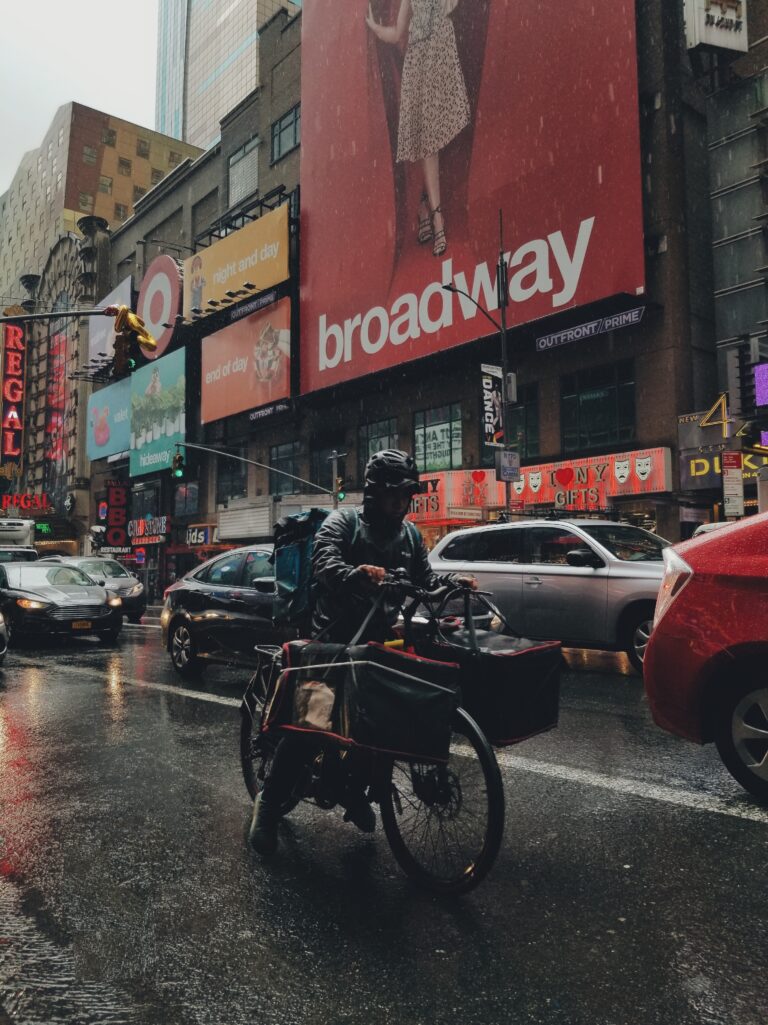Yui Kosako is a student at Harvard Law School and a member of the Labor and Employment Lab.
Recently in the United States, in response to the emergence of “gig economy,” the debate whether gig workers are misclassified as independent contractors has been heated. Japan’s practice with regard to the definition of employee could give meaningful insights to the U.S. practice.
Employees or Independent Contractors
In the U.S., the test to determine whether a person is an employee or an independent contractor depends upon how much control a principal has over a person’s activity. In other words, a person whose jobs are subject to a principal’s discretion, such a person is not “independent” from a principal.
On the other hand, under the Labor Standards Act of Japan, an “employee” is defined as a person who is “employed at a business” and receives “wages” therefrom, regardless of the type of occupation (Article 9). The Japanese test whether a person is an employee is based on the similar concept of the U.S., considering control of a principal over a worker and dependency of a worker on a principal. However, the Japanese court may also consider the nature of wages and, among other things, the amount of wages in order to distinguish employees from independent contractors. This is because if workers earn high income, they can take their own risk and protect themselves at their own cost, “independent” from a company. On the other hand, if they earn low income, it is of high necessity to protect them by means of employment law (e.g., minimum wage regulations).
For example, the district court ruled that a worker who was engaged in delivery of concrete products should be categorized as an employee although he used his own truck for such delivery (Niigata Chiho Saibansho [Niigata Dist. Ct.], December 22, 1992, ROHAN No.629, 117). One of the factors the court decided for the worker was that his salary, after deducting gas and maintenance fee for his own truck, was not so high to be deemed as an independent contractor.
Similarly, the level of salary can be a threshold among baseball players in Japan. That is, major league baseball players in Japan are considered to be independent contractors while minor league players are considered to be employees. Although both of them play a team sports under instructions of a team coach, the amount of salary of major league players is dramatically higher than that of minor league players, which makes their legal status different under Japanese standards. On the other hand, under the U.S. standards, all of the baseball players are categorized as employees as they are controlled by teams regardless of whether they play in the MLB or the MiLB.
Labor Unions
In Japan, moreover, workers do not have to be necessarily an “employee” to be a member of a labor union, unlike the U.S. Under the Labor Union Act, which describes the right to organize a labor union, an “employee” is a person who lives on wages, salaries or other equivalent income, regardless of the type of occupation (Article 3). This definition is different from and generally wider than that of under the Labor Standards Act. The rationale behind this difference is that the purpose of the Labor Union Act is to protect rights of employees by granting them a collective bargaining power to overcome disparity between employers and employees. Therefore, if there is an unequal relationship between companies and workers, the act may allow workers to have a special power to form a union, regardless of he/she is an employee or independent contractor (see Saiko Saibansho [Sup. Ct.], April 12, 2011, Hei 21 (gyo hi) No.473, HANTA No.1365, 165).
One example which might be useful for gig workers is that actors in Japan, most of whom considered to be independent contractors, have established Japan Actor Union for collective bargaining with TV stations regarding terms of booking agreements and safety conditions. This principle also applies to the baseball player example above, too. Regardless of whether they are employees or independent contractors, Japanese baseball players are the members of the union, Japan Professional Baseball Players Association. On the other hand, although both MLB players and MiLB players are employees in the U.S., only MLB players have unionized. Ironically, due to a weaker negotiation power, MiLB players have not unionized although it is MiLB players who need to have a collective bargaining power against the teams.
Application to Gig Workers
In the U.S., gig workers, like Uber drivers, are often considered to be independent contractors, not employees. Consequently, Uber drivers are not entitled to receive overtime payment even if they work more than 8 hours per day, or to organize a labor union to collectively bargain with Uber to negotiate working conditions in the template agreement. If the Japanese standards were to apply, however, the fact of low pay would be taken into account and would point toward employee status. And, perhaps more important, even if they were still deemed to be independent contractors, given the nature of the pre-decided template agreement between Uber and drivers, drivers could be qualified to form a labor union.
Even in Japan, neither of the level of salary or the nature of contract is a decisive factor and every judgement is delivered on fact by fact basis with various factors considered in balance. However, given the fact that misclassified workers usually receive lower salaries than regular employees in the U.S. and have no chance to perform collective bargaining, it would be worthwhile to reexamine what could constitute an “employee” in light of Japanese law and practice.










Daily News & Commentary
Start your day with our roundup of the latest labor developments. See all
February 16
BLS releases jobs data; ILO hosts conference on child labor.
February 15
The Office of Personnel Management directs federal agencies to terminate their collective bargaining agreements, and Indian farmworkers engage in a one-day strike to protest a trade deal with the United States.
February 13
Sex workers in Nevada fight to become the nation’s first to unionize; industry groups push NLRB to establish a more business-friendly test for independent contractor status; and UFCW launches an anti-AI price setting in grocery store campaign.
February 12
Teamsters sue UPS over buyout program; flight attendants and pilots call for leadership change at American Airlines; and Argentina considers major labor reforms despite forceful opposition.
February 11
Hollywood begins negotiations for a new labor agreement with writers and actors; the EEOC launches an investigation into Nike’s DEI programs and potential discrimination against white workers; and Mayor Mamdani circulates a memo regarding the city’s Economic Development Corporation.
February 10
San Francisco teachers walk out; NLRB reverses course on SpaceX; NYC nurses secure tentative agreements.